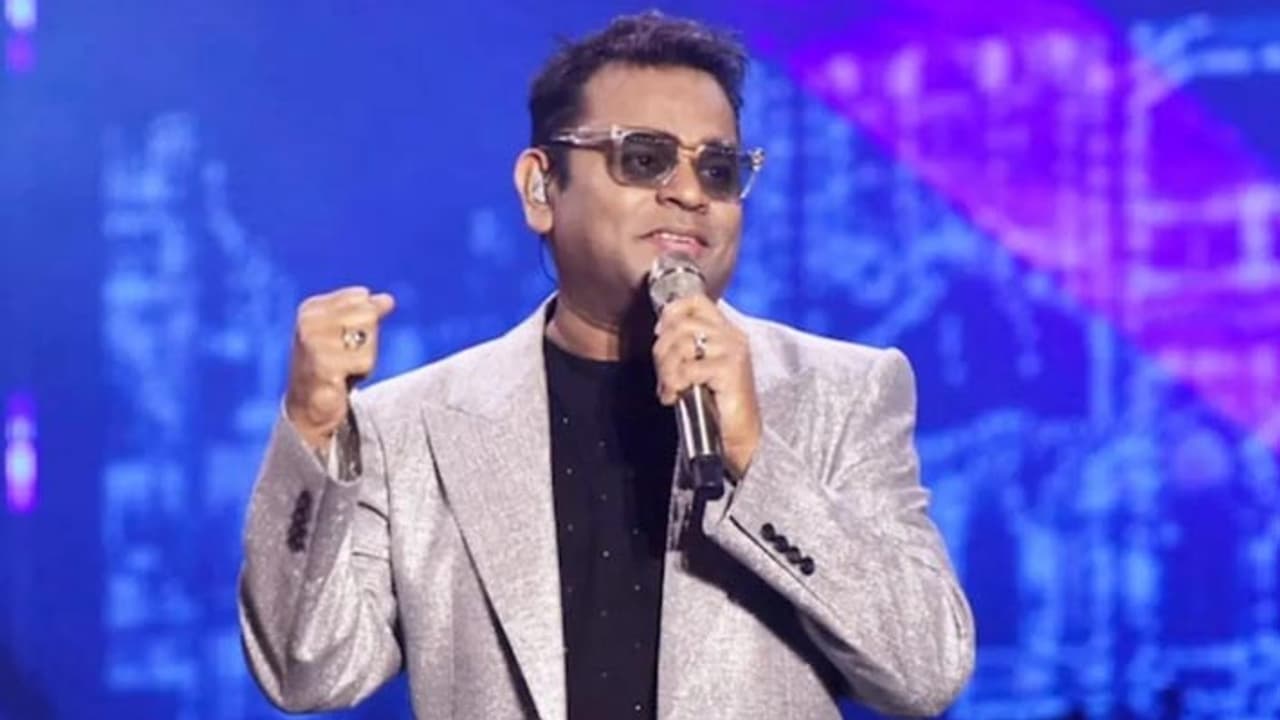The Delhi High Court has overturned a ruling against composer A.R. Rahman in a copyright dispute. The initial verdict found his song “Veera Raja Veera” identical to “Shiva Stuti,” a piece associated with the junior Dagar brothers
The Delhi High Court on Wednesday overturned a single-judge ruling that had held A.R. Rahman’s composition “Veera Raja Veera” from the Tamil film Ponniyin Selvan 2 to be identical to “Shiva Stuti”, a piece associated with the junior Dagar brothers—Ustad Nasir Zahiruddin Dagar and Ustad Nasir Faiyazuddin Dagar.
A division bench comprising Justices C. Hari Shankar and Om Prakash Shukla observed that the earlier ruling by Justice Prathiba M. Singh had incorrectly assumed that since the junior Dagar brothers had performed the composition, they must also have been the original composers. The bench noted that such an assumption would require rewriting the definition of “composer” under the Copyright Act. Without delving into the infringement aspect, the judges therefore allowed Rahman’s appeal.
The detailed judgment is awaited, but the verdict effectively sets aside the April 25 order passed by Justice Singh in response to a copyright infringement suit filed by classical singer Ustad Faiyaz Wasifuddin Dagar. He had alleged that Rahman’s “Veera Raja Veera” was indistinguishable from “Shiva Stuti”, a traditional dhrupad composition attributed to his father and uncle, the late junior Dagar brothers.
In her 117-page ruling, Justice Singh had stated that the disputed song was not merely inspired but almost identical in terms of swaras (musical notes), bhava (emotional expression), and its overall aural impact, particularly from the perspective of a lay listener. On this basis, she had directed Rahman and the film’s producers to amend the song credits to specifically acknowledge the junior Dagar brothers by name, instead of a generic reference to the Dagarvani tradition.
Additionally, the order had required Rahman and Madras Talkies to pay ₹2 lakh in damages. Justice Singh had further emphasized that original compositions within Hindustani classical music are eligible for copyright protection under the law.
Rahman’s petition, however, argued that the ruling had been passed without identifying the precise protectable elements of Shiva Stuti. His team maintained that the judgment overlooked the structural constraints of raagas, which naturally produce overlaps across different compositions. They further pointed out that no concrete evidence had been presented to prove the junior Dagar brothers were the actual composers, and that the earlier order had blurred the distinction between performance, authorship, and ownership of a musical work.
